Director
As of January 1, 2024, Prof. Andrea Alimonti has assumed the position of Director of the IOR, succeeding Prof. Carlo Catapano.
Andrea Alimonti
Since 2011, Prof. Andrea Alimonti has directed the Molecular Oncology Research Group at IOR. He is a Full Professor of Oncology at USI, a Full Professor of Experimental Oncology at ETH Zurich, and a Professor of Pharmacology at the University of Padua. After receiving his medical degree from the University of Rome "La Sapienza" and completing his specialisation in Oncology at the National Cancer Institute in Rome, Andrea Alimonti worked as a Postdoc in New York and at Harvard Medical School in Boston.
Prof. Alimonti has received numerous awards throughout his career, including the prestigious Steiner Award from the Steiner Foundation, the Wenner Prize from the Swiss Cancer League, as well as various international distinctions and awards, including those from the Prostate Cancer Foundation, the Benioff Initiative for Prostate Cancer Research, the European Molecular Biology Organization (EMBO Young Investigator) and important competitive funding from the European Research Council (ERC Starting and Consolidator Grants).
He has also received international distinctions and awards from organisations such as the Prostate Cancer Foundation, the Benioff Initiative for Prostate Cancer Research, and the European Molecular Biology Organization (EMBO). With over 100 scientific publications in prestigious journals, Prof. Alimonti is renowned for his groundbreaking research on prostate cancer biology. His work has already led to promising new therapeutic approaches for this common malignant tumour in men. Prof. Alimonti has also identified a population of blood cells, so-called "suppressor myeloid cells," that are able to promote the development of prostate cancer and cause its resistance to today's therapies. Alimonti has also discovered another mechanism of resistance to therapies for this tumour, which is connected with the gut microbiota. For years he has also been dissecting the mechanisms of cellular senescence with the goal of getting to the point of "ageing" cancer cells to neutralise their proliferative capabilities that underlie the cancer phenomenon.
Contact
Nicoletta D'Elia
Director's Assistant
+41 58 666 7118
nicoletta.delia@ior.usi.ch




